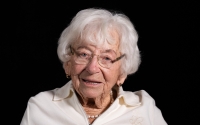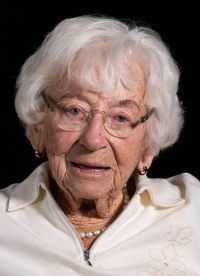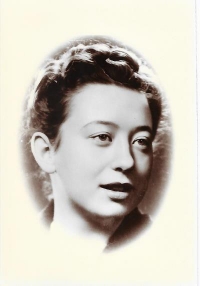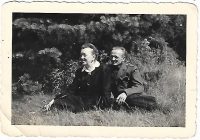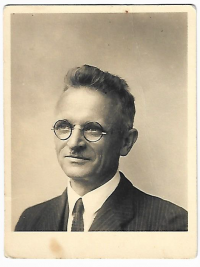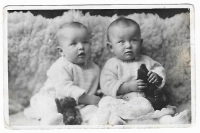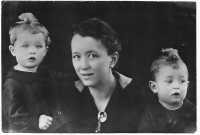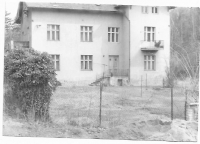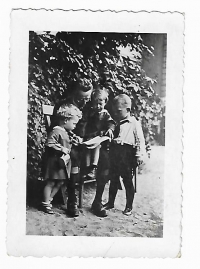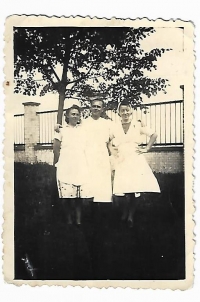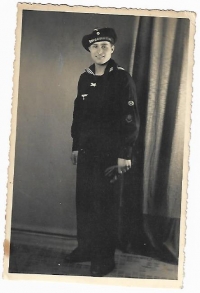As Prague Germans, we all spoke Czech as well
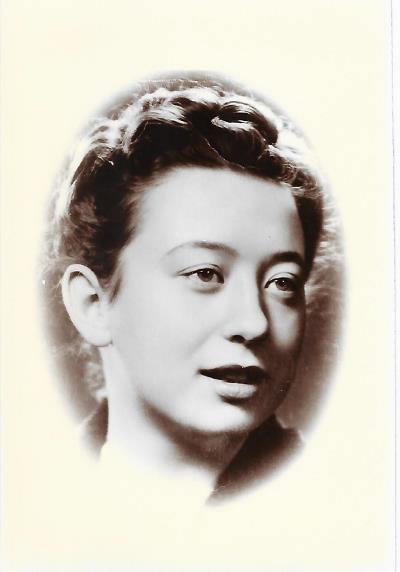
Download image
Emanuela Köhler, née Janulová, was born on September 12th 1924 in Prague (Praha) to a German mother and a Czech father who grew up in Austria. She went to Czech schools during her primary education. After that, from early 1938 to early 1939, she had been working at Selkus company and at the beginning of 1939, she helped its owners transfer vast sum of money to London where they emigrated to. She had been working for Reichsarbeitsdienst in an ammunition factory in Opava. In the last months of the war, she had been distributing food stamps in Prague’s (Praha) New City Hall, where she had also been held as a German after the Prague uprising and after that sent to a detention centre in a school in Prague’s district of Smíchov. For half a year, she did forced labour at a farm in the Jičín region, and at that time, she also visited her mother who had been imprisoned in Theresienstadt (Terezín) camp. She had been expelled by train via camp in Liberec in 1946, ending up in the Germany’s Soviet occupation zone, but at night she managed to cross the “Green Border” to the West. In 1948, she started a family in Pullach near Munich, marrying Anton Köhler, a German whose family came from Bečov nad Teplou.
